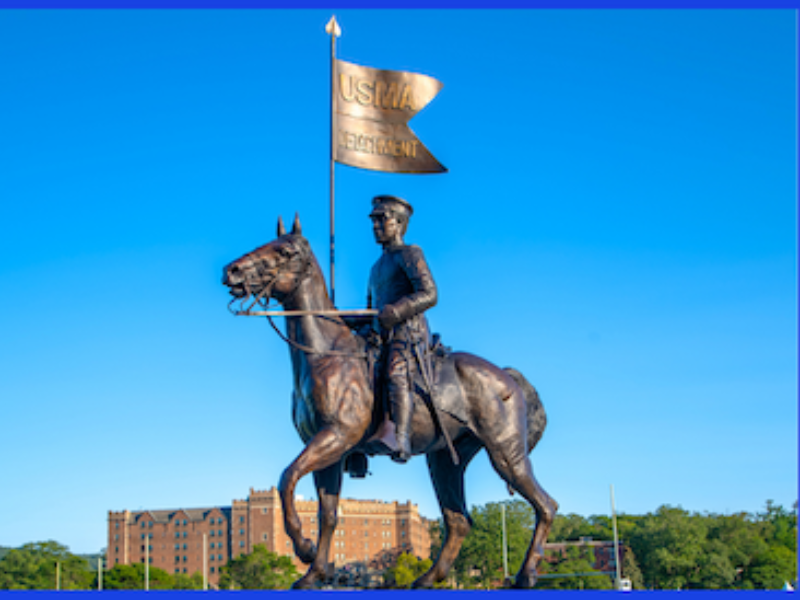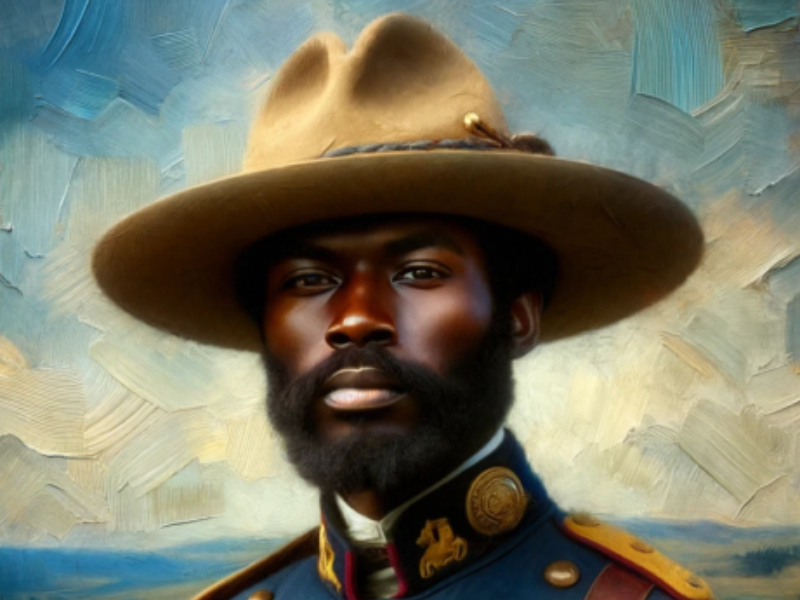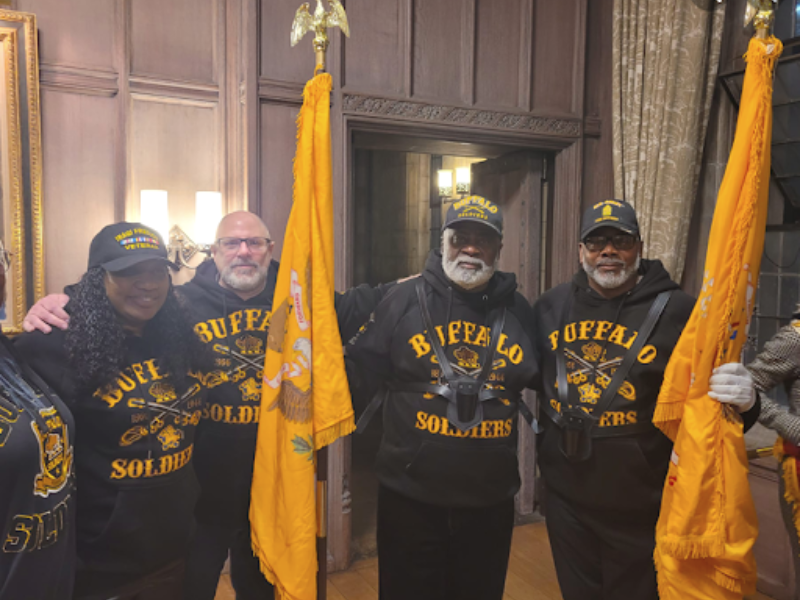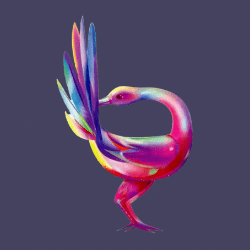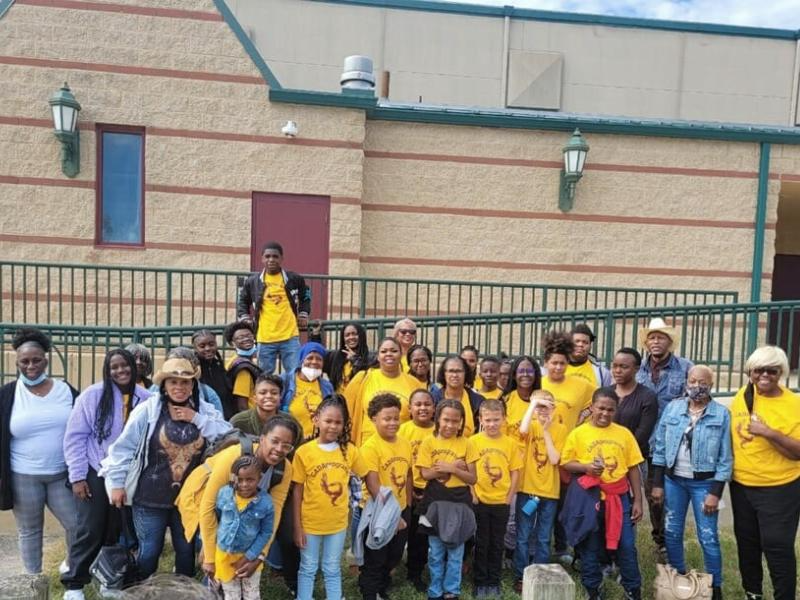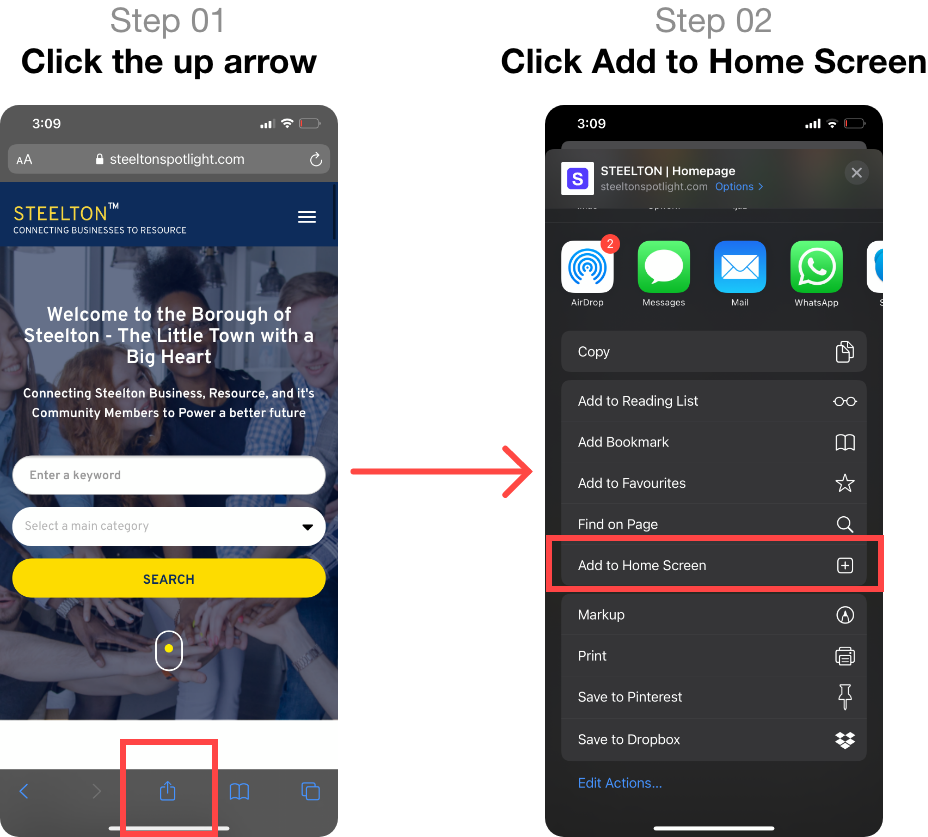In 1907 a detachment of the Ninth Cavalry was assigned to West Point. The Buffalo Soldiers supported Cadet riding instruction and mounted drill, which was conducted on the grounds currently known as Buffalo Soldiers Field, and formerly known as the Cavalry Plain. In 1931, the 9th Cavalry was replaced by the 2nd Squadron of the Tenth Cavalry, which remained at West Point until inactivation in 1946. One year after the Buffalo Soldiers 10th Cavalry Regiment arrived at West Point, Benjamin O. Davis Jr., entered West Point in 1932. He was the son of Benjamin O. Davis Sr., who was the first African American general in the United States Army. Davis was the only African American cadet at West Point, and when Davis arrived at West Point no Black cadet had graduated from the Academy in the 20th century. Davis graduated from the Academy in 1936 and became the fourth African American to graduate from the United States Military Academy at West Point. At the start of his senior year at West Point, Davis had applied for the Army Air Corps but was rejected because it did not accept Blacks. He was instead assigned to the all-black 24th Infantry Regiment (one of the original Buffalo Soldier regiments) at Fort Benning, Georgia. When he was commissioned as a second lieutenant, the Army had a grand total of two Blackline officers--Benjamin O. Davis Sr. and Benjamin O. Davis, Jr. In 1941, Benjamin O. Davis Jr. was accepted as one of the first Tuskegee Airmen. He earned his aviation wings in 1942, and as Lieutenant Colonel, he commanded the 99th Pursuit Squadron. As Colonel, Davis commanded the 332nd Fighter Group known as the “Red Tails”. Davis was awarded the Silver Star, Distinguished Flying Cross and Air Medal for his service and gallantry. In 1947, he transferred from the Army to the United States Air Force, where he led policy improvements for ethnic integration and spent the next two years ensuring equal treatment for all as a leader in the Air Force.
In 1948, President Truman issued an executive order that ended racial segregation in the United States Military. Since then, the Buffalo Soldiers are remembered and celebrated as Veterans for their cavalry tactics and skills, selfless service, rugged tenacity, commendable valor, and for restoring order on the Western frontier in the United States of America.
Both the African Americans who graduated from the United States Military Academy, and the Buffalo Soldiers of the 9th and 10th Cavalry epitomized Army values, bravery, and honor. Their persistent sense of duty and resilience paved the way for fair treatment and equal opportunities for all in the U.S. Army and Air Force, in general, and the United States Military Academy, in particular. The Buffalo Soldiers at West Point have allowed America to be a leader for democracy, opportunity, and peace, and build a nation of equal rights and dignity for all.
Early Buffalo Soldiers at USMA
1907-1947 Buffalo Soldiers served by training cadets in mounted drills and tactics
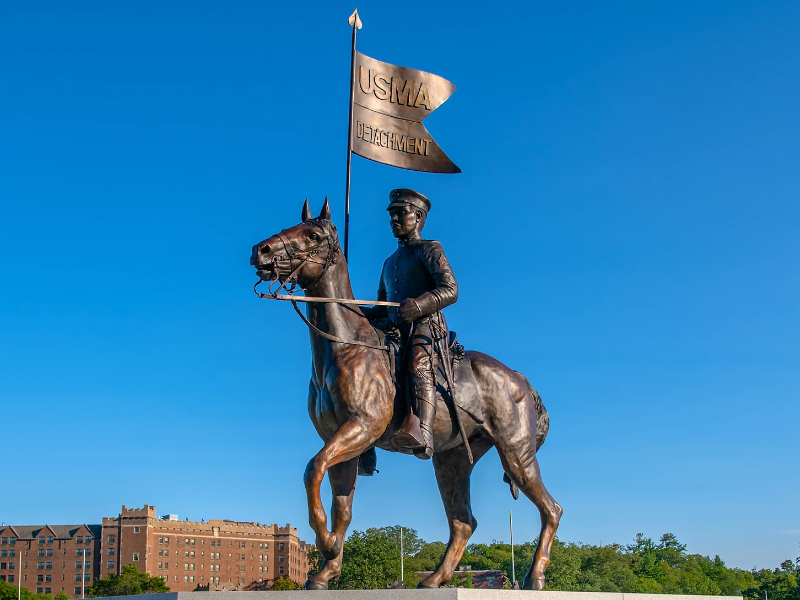
THE 63rd ANNUAL MEMORIAL CELEBRATION | AUGUST 30 - SEPTEMBER 1, 2024



